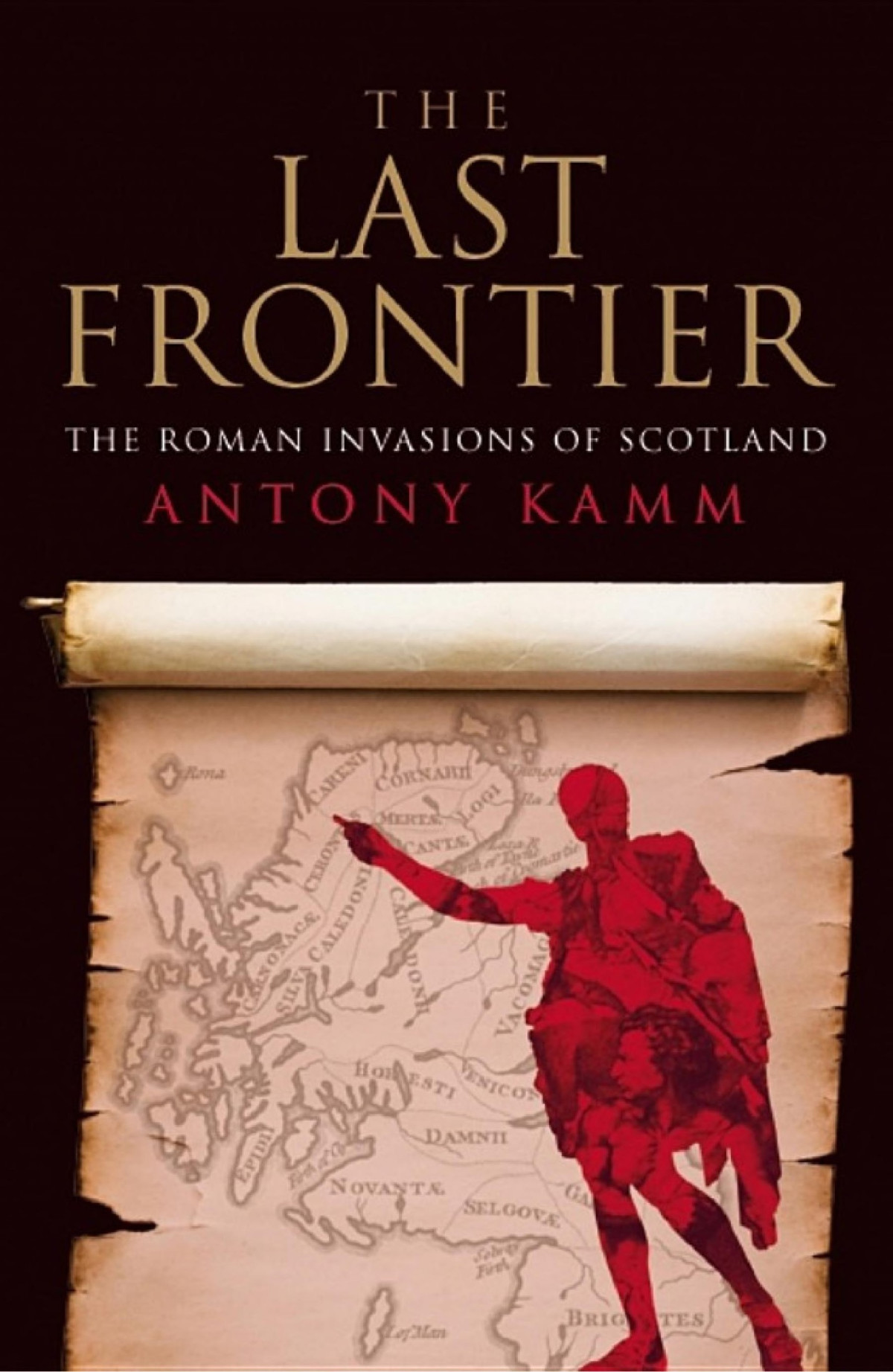

Most ebook files are in PDF format, so you can easily read them using various software such as Foxit Reader or directly on the Google Chrome browser.
Some ebook files are released by publishers in other formats such as .awz, .mobi, .epub, .fb2, etc. You may need to install specific software to read these formats on mobile/PC, such as Calibre.
Please read the tutorial at this link: https://ebookbell.com/faq
We offer FREE conversion to the popular formats you request; however, this may take some time. Therefore, right after payment, please email us, and we will try to provide the service as quickly as possible.
For some exceptional file formats or broken links (if any), please refrain from opening any disputes. Instead, email us first, and we will try to assist within a maximum of 6 hours.
EbookBell Team

4.4
92 reviewsThe lands in the north of Britain in what we now called Scotland, then occupied by Celtic settlers, never became part of the Roman empire, in spite of being invaded several times. The northernmost frontier of the empire was fortified for only a few years after the battle of Mons Graupius in AD 84, when the Caledonians were defeated by Gnaeus Julius Agricola. Work on the construction of an alternative frontier, represented by the elaborate defenses of the Antonine Wall, began in about 142. It was maintained hardly longer than 25 years, and by 180 the Roman invaders had retreated back to Hadrian's Wall. After further Celtic activity, a temporary truce was negotiated personally by the emperor Septimus Severus in 209. Thereafter, until their empire began to collapse, the Romans maintained a fragile hold on Hadrian's Wall in the face of furious attacks by marauding Picts and Scotti (Scots), and a combined operation by land and sea in 367 against the whole of Roman Britain by the northern Celts in an alliance with the Franks and Saxons. "The Last Frontier" is a fresh account of these momentous events and the background to them, based on a reassessment of the original sources and on recent archaeological evidence. Extracts from Latin texts, including Tacitus, who wrote a biography of Agricola, are in new translations. The author also sets the involvement of Rome in the context of the development of Scotland from prehistoric times to nationhood.